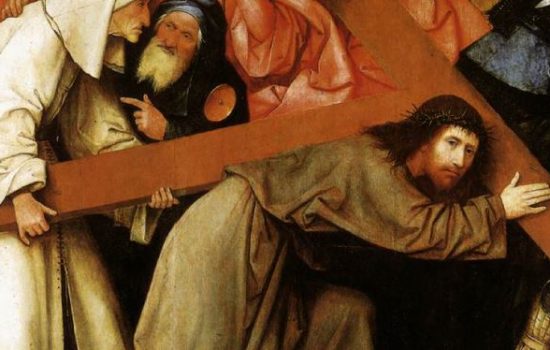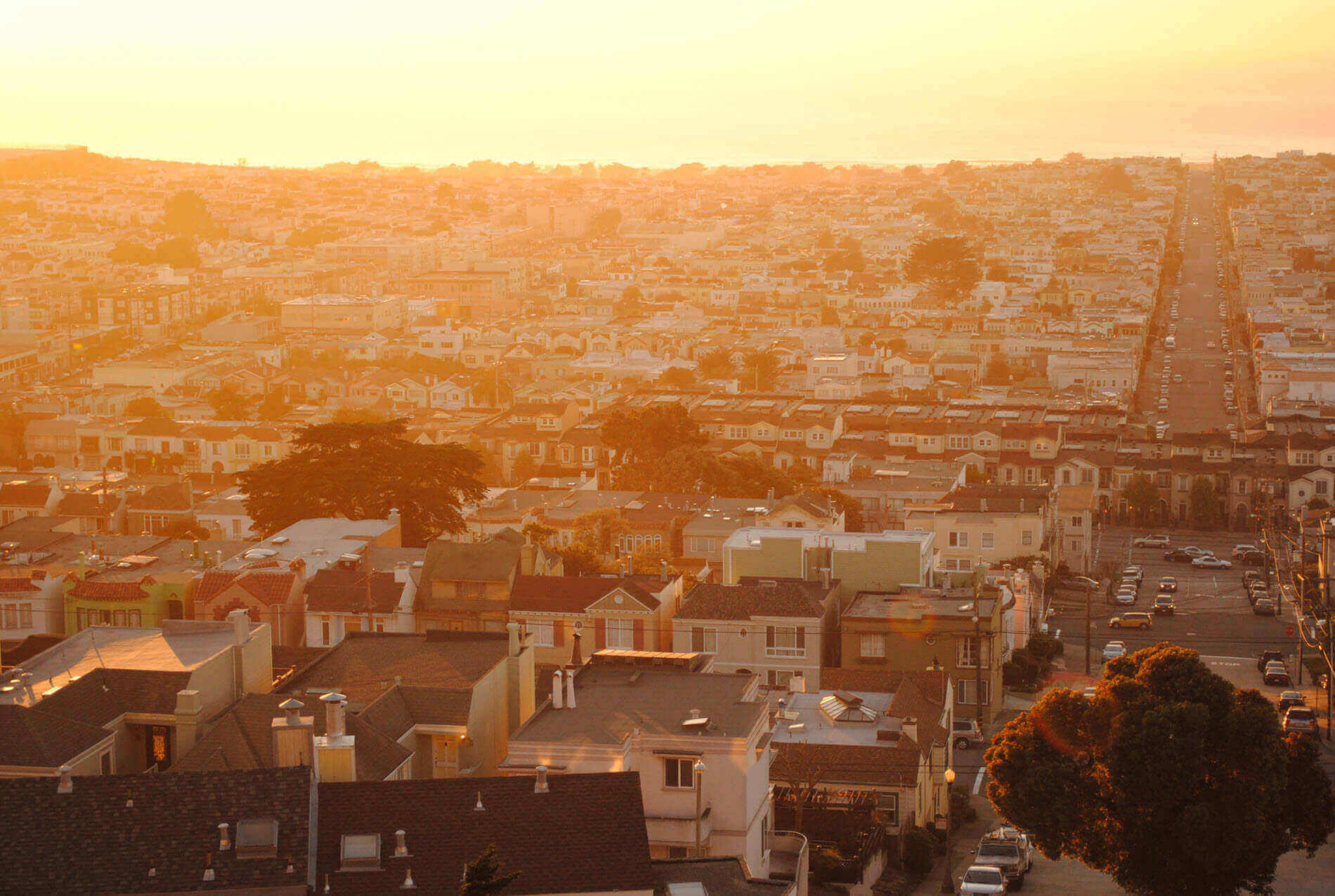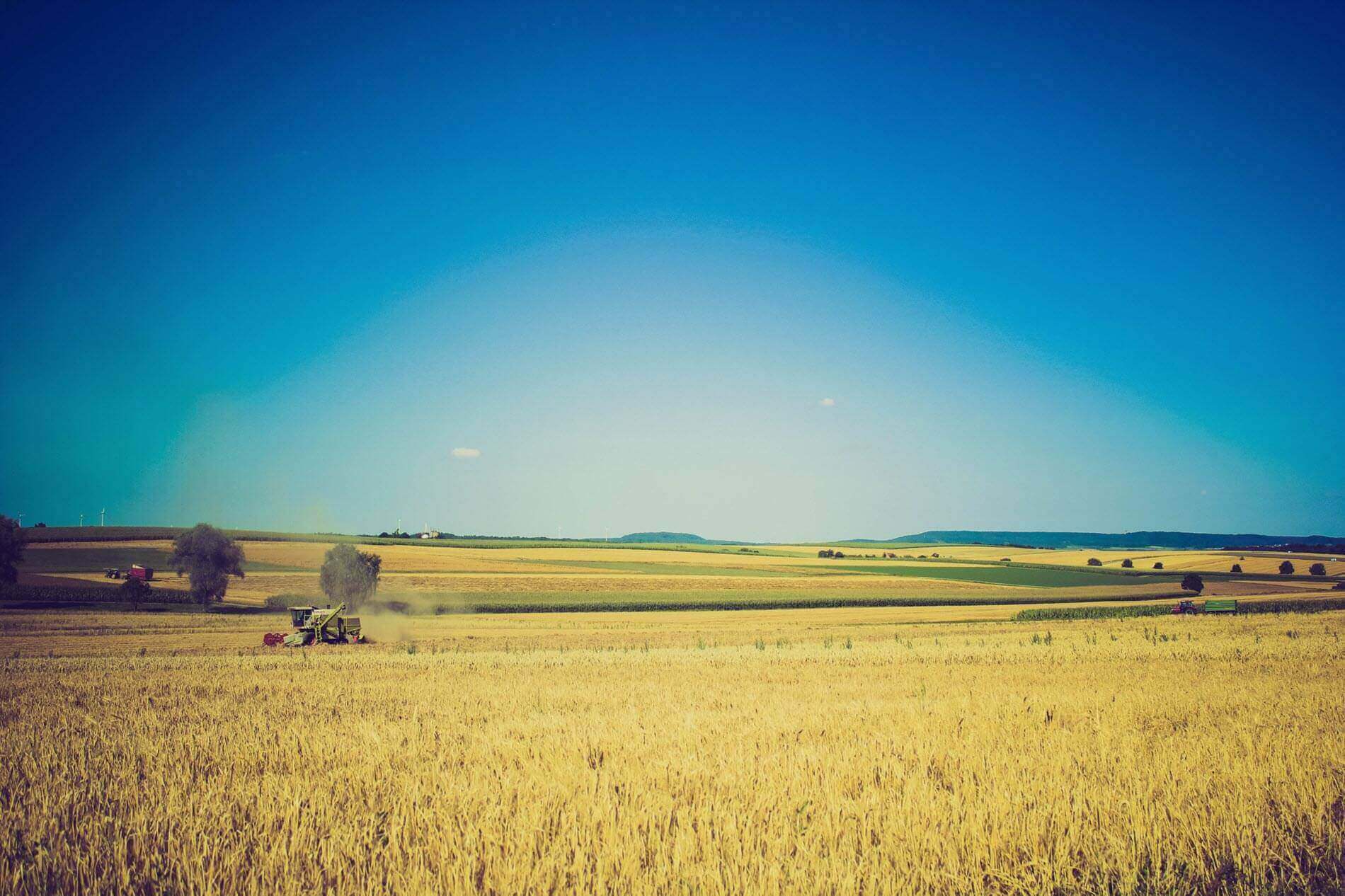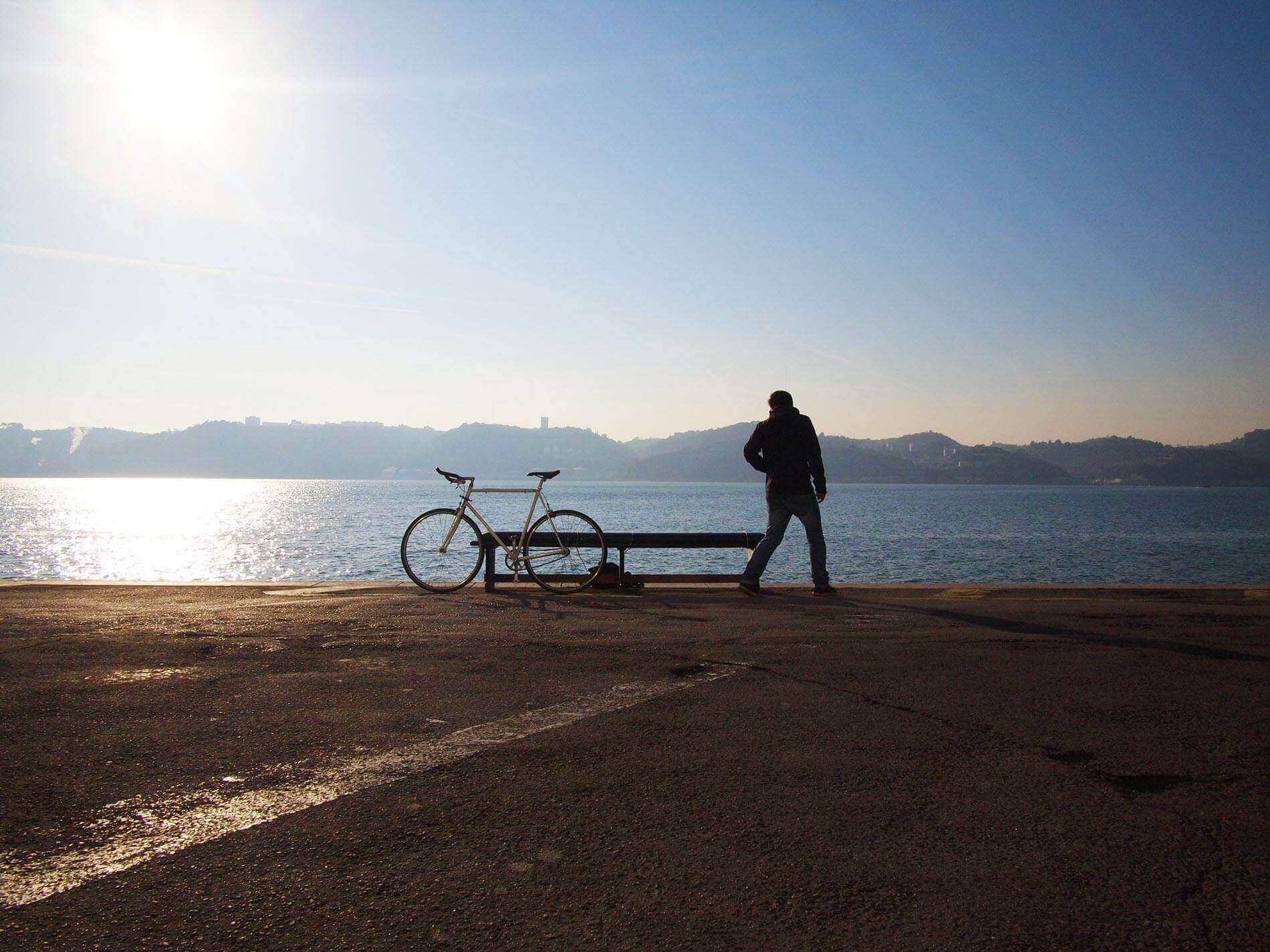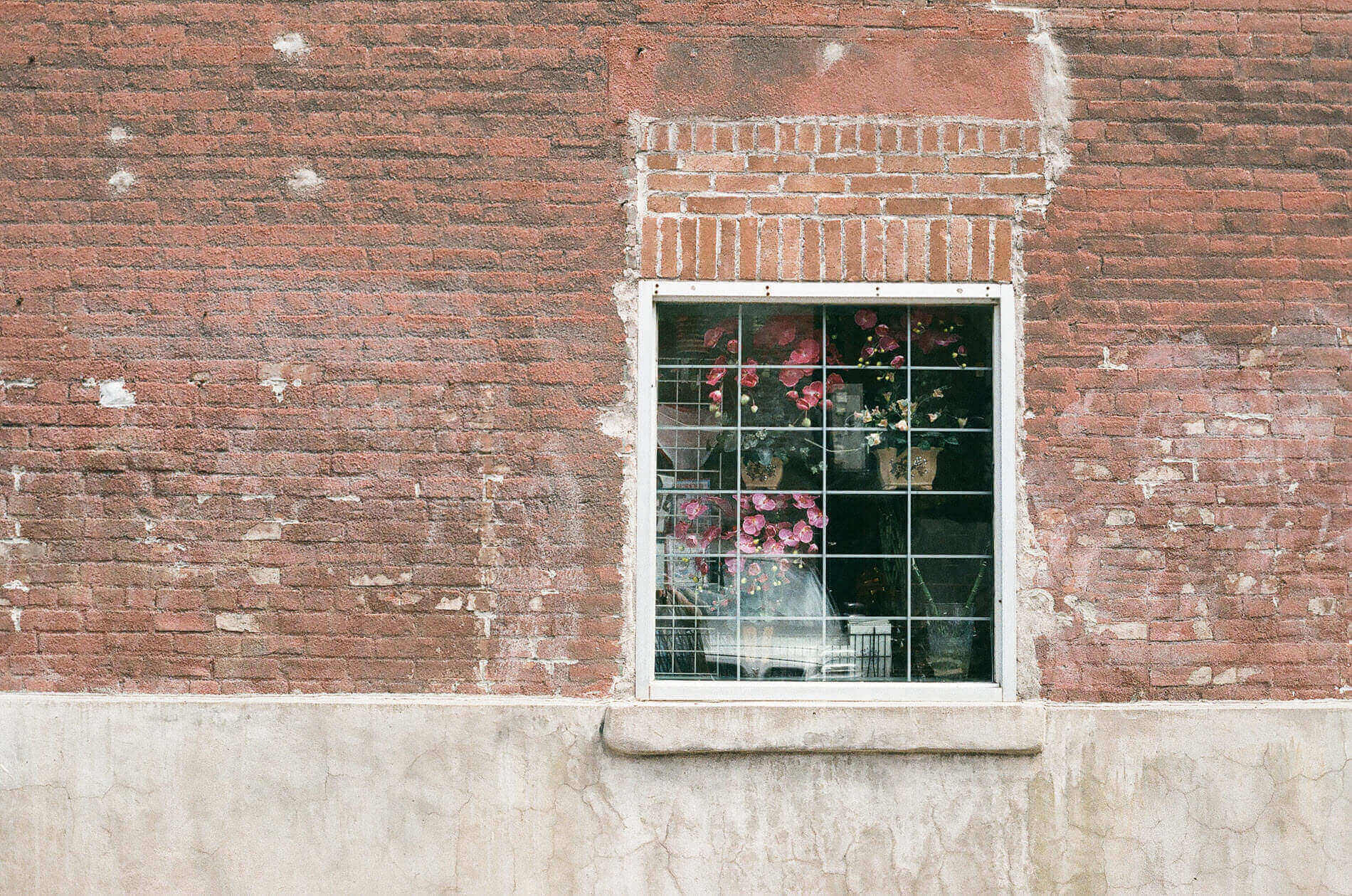Our Lenten journeys
These weeks are our Lenten spring when we continue to prepare for and to celebrate the paschal mystery of dying and rising that is the heart of our faith. This mystery is often the touchstone of our deepest spiritual experiences. Many of us recognize experiences of suffering that lead to glory, of death that lead to life, of loss that lead to gain. We have known these moments and have learned that clouds and silver linings are a matter of how we see the light.
Lent is a season for letting go. It is a time when hibernating animals let go of their sleep and move out of their safe and comfortable hiding places. It is a time when seeds burst out of their shells and send shoots up to light and air. It is a time when monastics come out of their preoccupations and prepare to leave the comfort of private tombs for the sake of life and growth. It is a time when all of us leave the past of what no longer works for our good and let it die, let it go, for the sake of the new life to come. It is a time to leave dreary existence and reach for Easter’s risen light.
Each of us is called in this holy season to enter the darkness of our own hearts and souls, the darkness of our own losses and diminishment, the darkness of our world, and to bring the victorious light of Christ. Where there is hatred, war, and violence, we witness to the peace of Christ. Where there is poverty and neglect, we witness to the mercy of Christ. Where there is injury, illness, and pain, we witness to the healing power of Christ. Where there is loneliness, hopelessness, and fear, we witness to the love and care of Christ. We may not be able to bring sunshine into every heart, but at least we can shine like stars in the darkness to guide God’s people to life unending. May the light and joy of Easter burn brightly in your hearts!
Prayer, Penance and Almsgiving
Is it easy to explain this program? Well, yes, since it still makes sense today. Prayer is our system of dialogue with God, with a Lord who lives and teaches us. Penance is the reflection on our excesses and disappointments. The awareness of our wrongdoings and the search for goodness and forgiveness. God has to forgive us, but we should also seek the forgiveness of all those whom we have offended or done wrong. As for fasting and abstinence – they are only a few days a year – it is a symbolic formula of basic solidarity with those who have nothing and links us to an austere tradition of our spirituality.
It is obvious that fasting and abstinence make no sense if almsgiving is not exercised. The others need us. Even the ones we don’t like. First world countries have their “fourth world,” poverty housed alongside dazzling wealth. To attend this world, you only have to reach out and pour out your heart. You don’t need to go to geographically distant lands. Perhaps, this year, a way to practice almsgiving would be contributing to the Archbishop’s ABCD campaign, right here in your city.
Para vivir la Cuaresma
En la mayoría de los creyentes hay una emoción contenida, siempre, al inicio de la cuaresma. No es un tiempo de tristeza, si no de gran esperanza por la reafirmación que siempre trae sobre los compromisos personales y comunitarios en torno a los grandes misterios de nuestra fe. Desde el Concilio Vaticano II la Iglesia quiso poner especial énfasis en la Resurrección. La Pascua emergía como el gran acontecimiento que hizo creer a los Apóstoles en la verdadera dimensión de Jesús de Nazaret. Y, obviamente, si se dice que la Iglesia nació en Pentecostés, bien puede afirmarse que comenzó a gestarse el Primer Día de la Semana, el día de la Resurrección del Señor.
Pero está claro que para llegar a la Resurrección es necesario pasar por el Gólgota. Sin Muerte no hay Resurrección. Y así la propia ordenación litúrgica nos muestra el Triduo Pascual como lo más importante de esos días, incluyendo la tragedia del Viernes Santo, la espera del Sábado, para llegar, finalmente, a la imagen del sepulcro vacío, y a la noticia, dada por los ángeles a las mujeres, que Jesús de Nazaret ha triunfado sobre la muerte. Y otro dato, la cuaresma, que se inicia con el Miércoles de Ceniza llega hasta el Jueves Santo, realidad importante en la que se conmemora la institución de la Eucaristía y se hace proclama muy sonora del amor de Dios en el mensaje sacerdotal de Jesús tras el ágape de la cena en la Pascua judía.
La cuaresma debe ser tiempo de preparación para adentrarse en el camino preciso de la Redención humana. Un cristiano no puede estar ausente –por despiste o por omisión meditada— de dicho tiempo de espera y de búsqueda. Es verdad que en la vida civil los días de cuaresma no se distinguen especialmente de los otros de otros tiempos litúrgicos. Pero no debe ser así en el corazón de los creyentes. Hemos de inundarnos de ese conocimiento que nos ayudará a entender mejor lo que queremos celebrar.
Oración, penitencia y limosna
Oración, penitencia y limosnas. ¿Es fácil explicar este programa? Pues, si, ya que sigue teniendo sentido hoy. La oración es nuestro sistema de dialogo con Dios, con un Señor que vive y que nos enseña. La penitencia es la reflexión sobre nuestros excesos y desamores. El conocimiento de nuestro mal obrar y la búsqueda del bien y del perdón. Nos tiene que perdonar Dios, pero también deberíamos buscar el perdón de todos aquellos a los que hemos ofendido o hemos hecho mal. En cuanto al ayuno y la abstinencia –son ya solo unos pocos días al año– es una formula simbólica de solidarizarnos mínimamente con los que tienen nada y enlaza con una tradición austera de nuestra espiritualidad.
Es obvio que el ayuno y la abstinencia no tienen sentido si no se ejercita la limosna. Los demás nos necesitan. Incluso, los que no nos gustan. Los países ricos tienen su “cuarto mundo”, la pobreza alojada junto a la riqueza deslumbrante. Para atender a ese mundo no hay más que alargar la mano y entregar el corazón. No hay que irse a confines geográficos con actuaciones heroicas. Tal vez, este año, una forma de practicar la limosna seria contribuyendo a la campaña del ABCD del arzobispo, aquí mismo en tu ciudad.

